It’s been more than a year since the COVID-19 pandemic began. While we spent last spring in a nationwide lockdown, this spring looks promising because it coincides with the dispersion of adult vaccinations in the United States.
Ever since news of the pandemic broke out, a possible vaccine was on everyone’s mind. For a long time, it was the only beacon of hope during this tumultuous year.
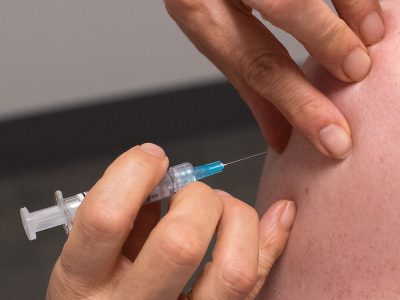
Social distancing, wearing masks and working from home could only be temporary measures during the pandemic. How long can human society live in this lifestyle? We all miss seeing our family and friends, and we desperately want to go to classes, concerts and sports games. But none of this would be safe — even with the protective measures currently in place — without being vaccinated.
The virus still has varying effects on those who contract it. A year onward, incidences of “long-haul” COVID-19 symptoms — health issues that persist after recovering from the virus — started to show up in younger, less symptomatic people. As variants of the disease continue to pop up as well, the need to get people vaccinated is more urgent than ever.
Vaccines don’t necessarily make you 100% immune to the coronavirus. Vaccines reduce the risk of developing severe symptoms, but you can still catch the virus when vaccinated. We also don’t know how long our immunity will last after receiving the vaccine.
On April 19, vaccination appointments became widely available in Massachusetts. There are some COVID-19 skeptics and anti-vaxxers out there, but I was always set on getting vaccinated when I was eligible.
Moderna vs. Pfizer
The great debate over the past few months is which vaccine to choose from. As someone with little interest in the vaccine debate, I was willing to take whichever vaccine was available to me. All I knew was the Johnson & Johnson vaccine is one dose, but the Centers for Disease Control and Prevention had recommended temporarily pausing distribution due to instances of blot clots found in a small number of vaccine recipients. Both the Moderna and Pfizer-BioNTech vaccines require two doses three or four weeks apart, respectively. I got an appointment at CVS and received the Pfizer-BioNTech vaccine.
Preparing for the vaccine
It may seem a bit overboard, but I felt like I should be prepared the day before my vaccine appointment. I tried to eat healthy and stay hydrated the night before. Because my appointment was in the morning, I also got up early to have a big breakfast. Eating before getting a vaccine helps curb nausea and lightheadedness.
The vaccination process
CVS sends you an appointment confirmation email, which details the time and location. My appointment was at 11 a.m., but I arrived 10 minutes early, which I recommend due to the potential wait time. I was in line for 12 minutes, but it felt like forever.
What makes waiting even harder are the aisles of candy and chocolate snacks tempting you to purchase them. I am convinced CVS does this on purpose to manipulate customers into buying snacks as a reward for getting vaccinated. Throughout the wait, I watched other people move from their spot to grab a protein bar. I restrained myself, but it was challenging.
I sat down and chose to get the shot on my non-dominant arm, which I recommend because your arm muscle will be sore later on. The vaccine felt like getting any other shot and took a few seconds. Afterward, I sat in a waiting area for 15 minutes to monitor any reactions that would require medical attention. After the waiting period, I was all cleared to leave.
Post-vaccination
The susceptibility of getting COVID-19 after the first dose is still a concern because your body is busy building immunity. It is just as important to maintain social distancing and protect yourself from the virus during this time.
As for side effects, I only experienced fatigue and a sore arm for a few days. The side effects vary from person to person, some reporting fatigue while others get chills. Most of all, being vaccinated is relieving, and I’m looking forward to receiving my second dose in May.
I will be graduating with the Class of 2021 May 16. Back in September, I wasn’t very hopeful that I would be able to graduate in person with my classmates. To know we will have Commencement in person and I will be fully vaccinated seems too good to be true. But it’s a reminder that vaccinations are instrumental in making in-person graduations — and hopefully more events — possible in the future.










































































































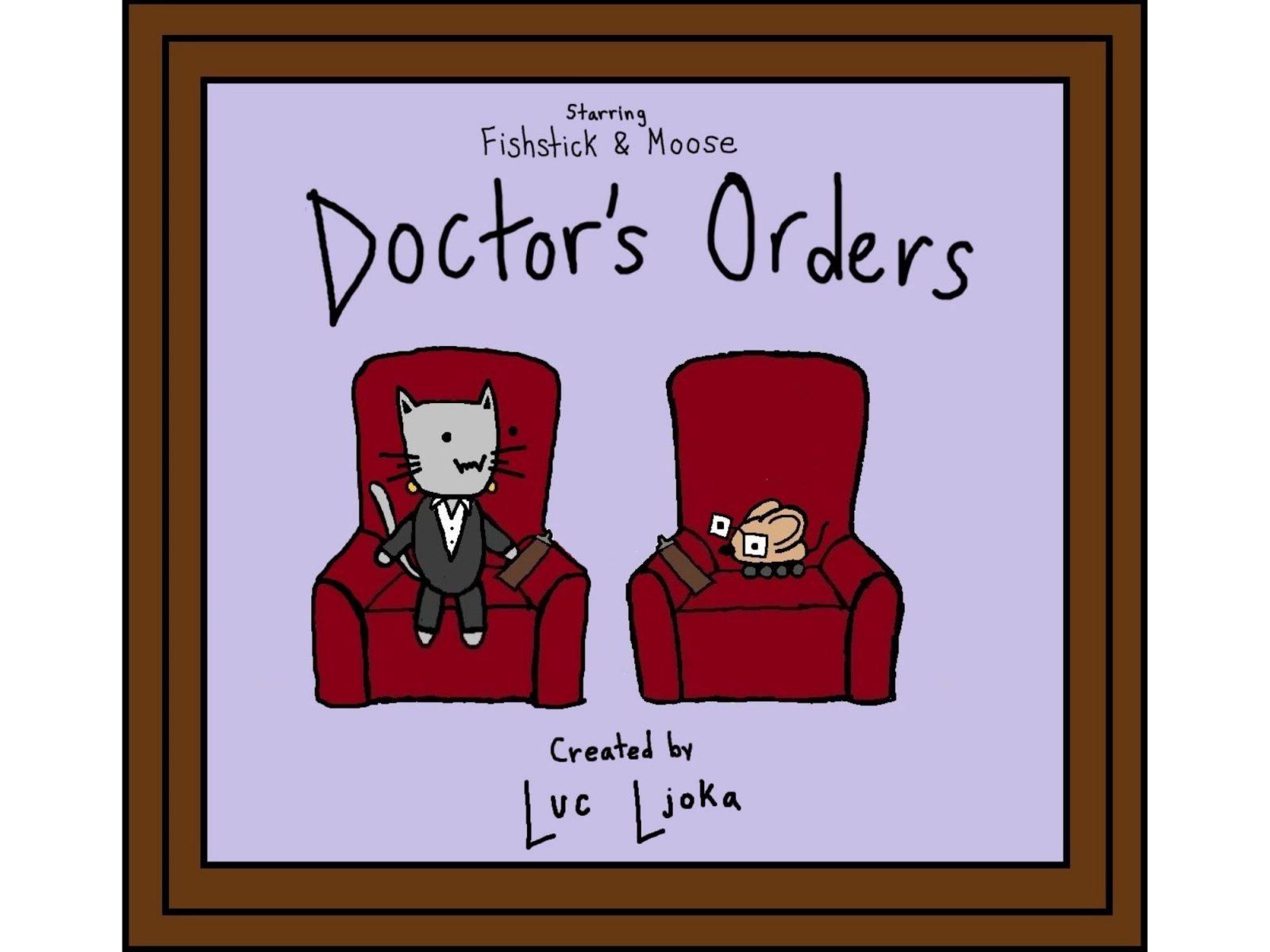
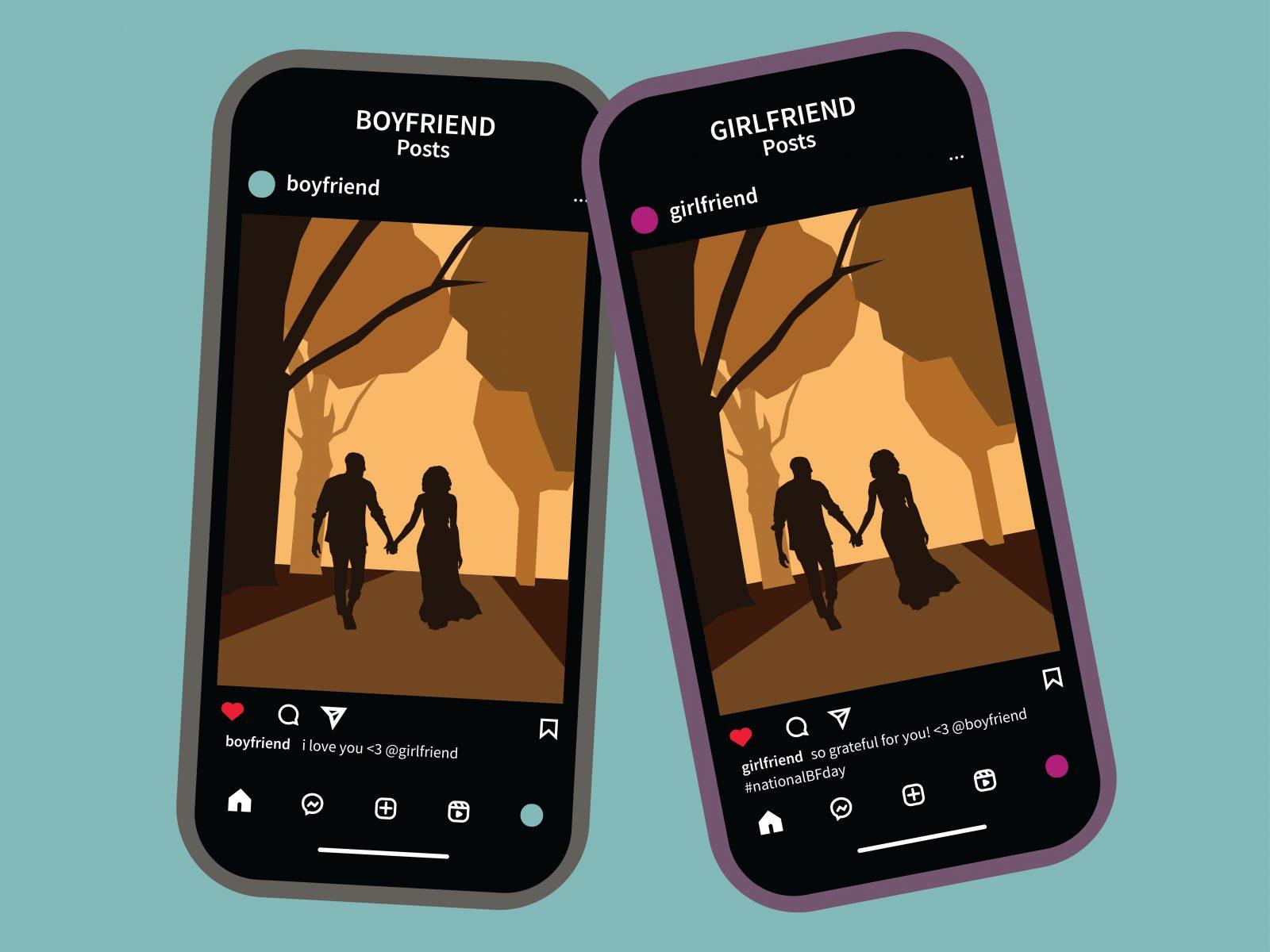
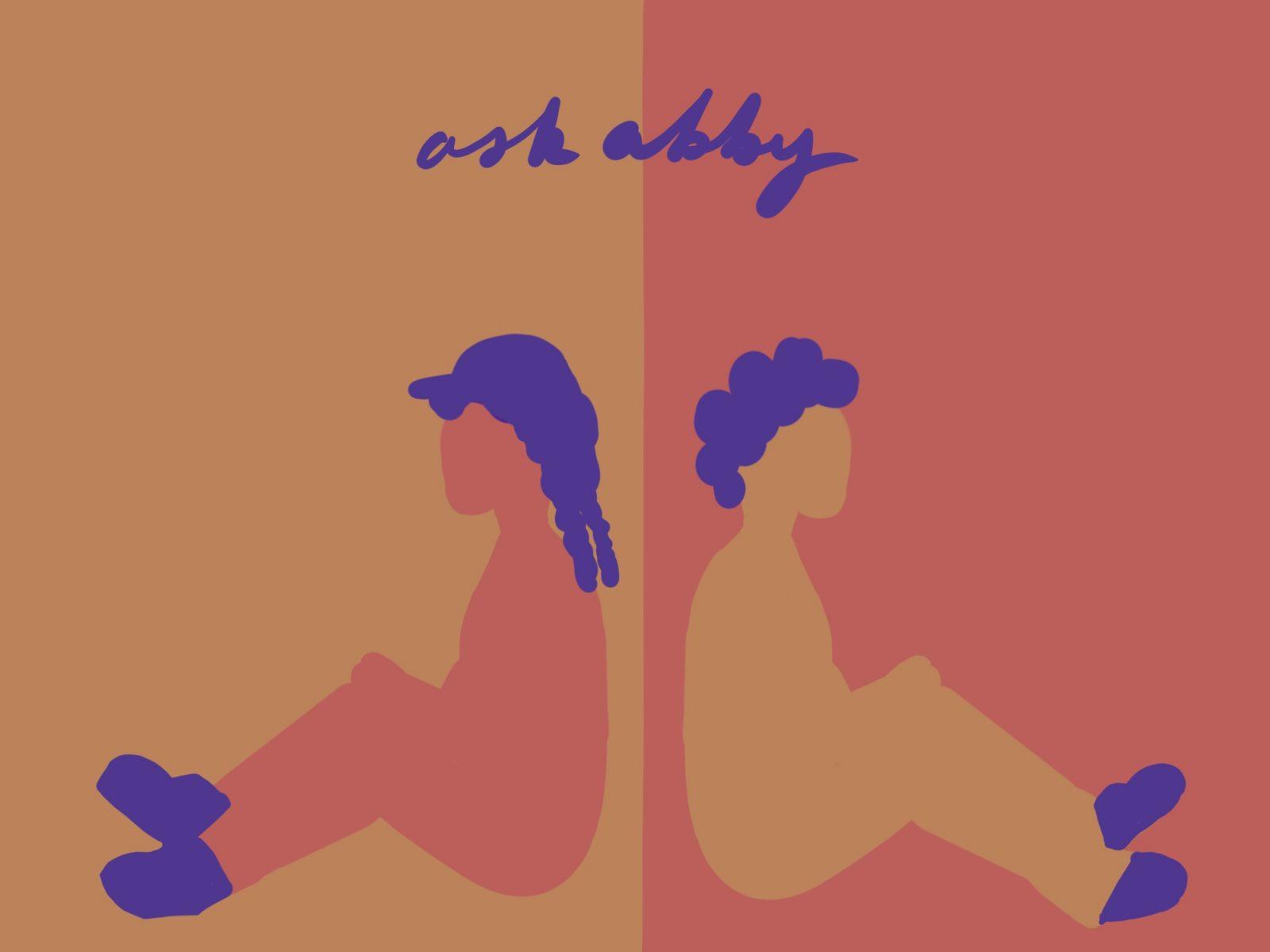
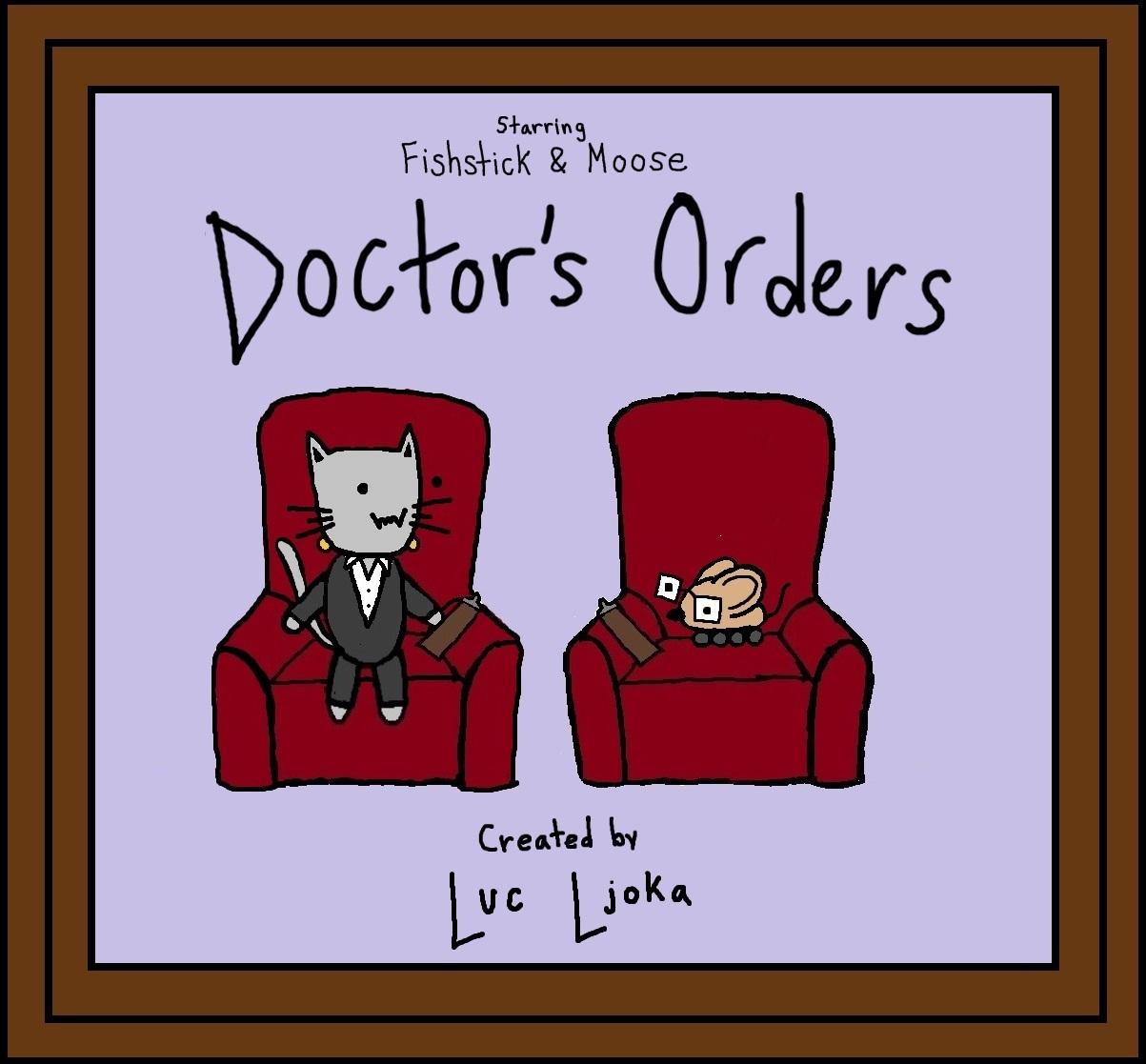

Zain • May 5, 2021 at 2:20 am
This was so insightful! Now I am really looking forward for my vaccine this week!